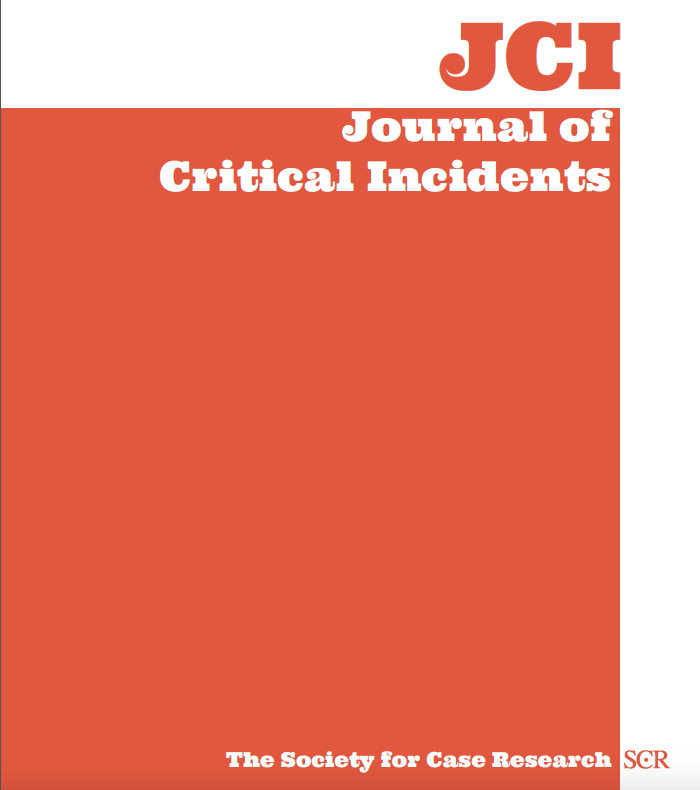“Cancellation” or Censorship?

The play “N*GGER WETB*CK CH*NK” had been performed in 44 states as a comedic critique of stereotypes and race. It had been praised for its contributions to the dialogue on race relations, but the president of California State University Long Beach (CSULB) thought that it lacked academic merit and should not be used as a centerpiece for academic discussions on campus. She told the executive director of the Carpenter Center for the Performing Arts, Michele Roberge, to cancel the play scheduled for September 29, 2016. Roberge resigned in protest after having led the center for 14 years. Many millennial students were probably comfortable with the cancellation since the Pew Research report indicated that 40% believed one should avoid terms that might be offensive to minorities. The First Amendment restrained the government or its agents from suppressing free speech. However, academic freedom differed in that it is contextual. Even in public universities the pedagogical mission was paramount and could justify speech constraints. In private universities not subject to the Constitution, speech may still be restricted. Some universities also insist that speech be civil and respectful. Two fundamental questions arose: 1. Did CSULB’s president censor the play or did she make a judgment call about the pedagogical merit of the play? 2. Should universities censor artistic performances that could offend people even if the performance fostered debate about timely topics?
- Evaluate the CSULB president’s decision making in cancelling the play.
- Explain the social benefits of satire.
